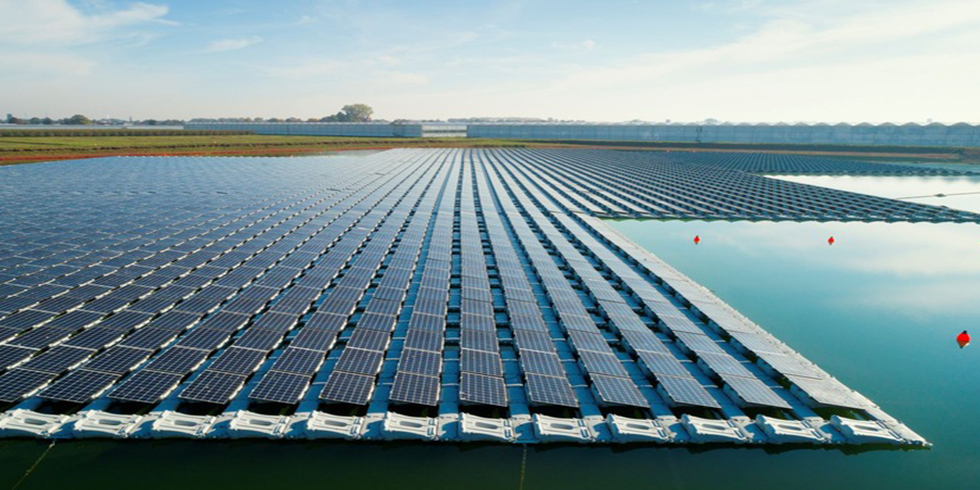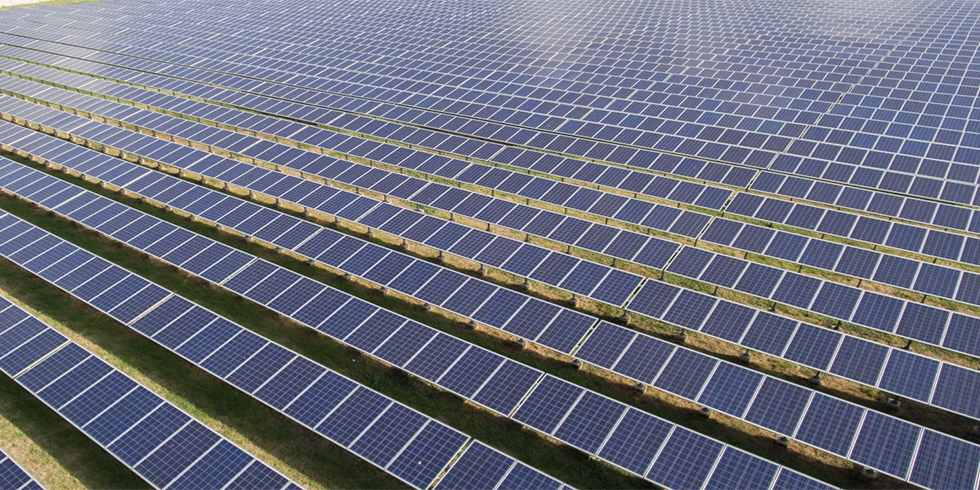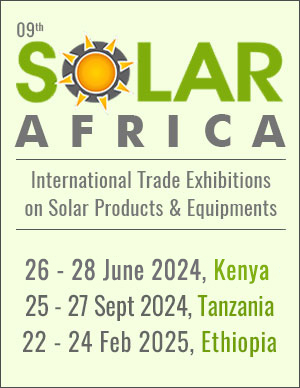According to a new joint analysis by the Institute for Energy Economics and Financial Analysis (IEEFA) and JMK Research & Analytics, the central government's strong push helped India's renewable energy tender issuances surpass a record 69 GW in FY 2024.
The study emphasizes that, in contrast to the government's ambitious 50 GW target, far more tenders for utility-scale renewable energy projects were launched in FY 2024.
A 500 MW concentrated solar + thermal storage contest is scheduled for next year, while this year's 4 GW offshore wind procurement is India's first significant tender. The study also highlights innovative tenders. A significant portion of India's renewable energy infrastructure will consist of energy storage system (ESS) projects, for which there is an exponential increase in the number of tenders issued.
Tendering authorities at the state level will be essential to the utility-scale renewable energy environment of the tenders awarded in FY 2024, just 25% came from the Solar Energy Corp of India.
Gujarat Urja Vikas Nigam Ltd (GUVNL), a company situated in Gujarat, has already made a name for itself as one of the country's top tendering organizations. The report's co-author Prabhakar Sharma, Senior Consultant at JMK Research, adds, "The growing prominence of other state-level entities, like Rajasthan-based Rajasthan Urja Vikas Nigam Ltd (RUVNL), highlights the vibrancy of the renewable energy tendering ecosystem."
According to the report, over 10 new developers have joined India's utility-scale renewable energy sector in the past two years. Notable newcomers include Bright Night, an independent power producer based in the US that has promised to invest $1 billion in India over the next five years, and BluPine Energy, which is supported by the international equity investment firm Actis.
The utility-scale renewable energy sector is gaining speed due to creative tenders and investor interest; yet, the execution of these tenders continues to face obstacles. The sector is nonetheless concerned about the 40% import levies on solar panels and the requirement for developers to buy locally made components.
The approved list of models and manufacturers, or ALMM, and basic custom tariffs, which function as a double barrier to solar imports, are the cause of this. An enormous 40% basic customs charge (BCD) on imports of solar modules kept procurement costs high even after the government exempted ALMM for FY 2024, he continues.
Despite such challenges, the report notes that the amount of tendering activity in FY2024 confirms that India's renewable energy market is on track to meet its 2030 target of 500 GW














Add Comment